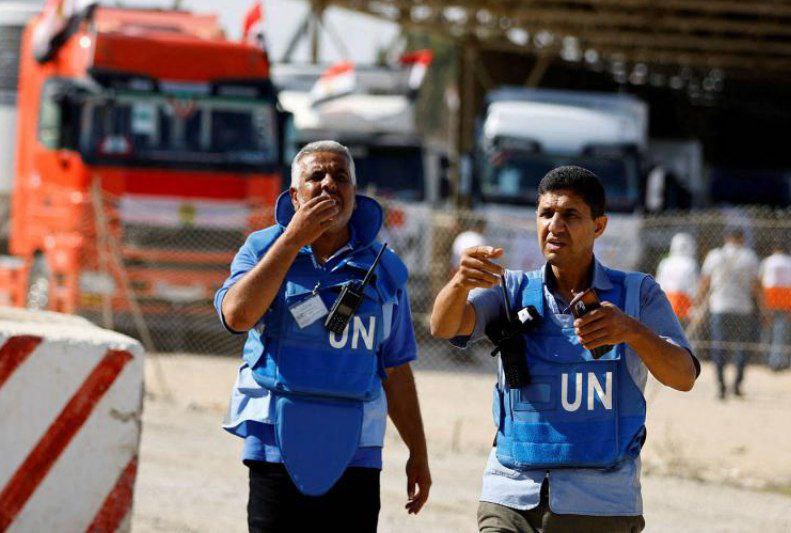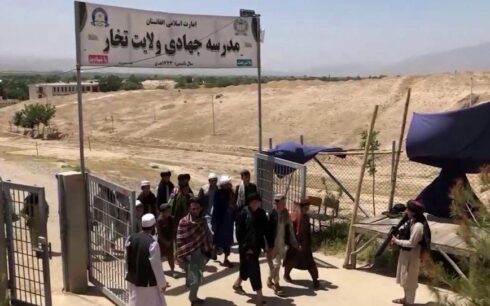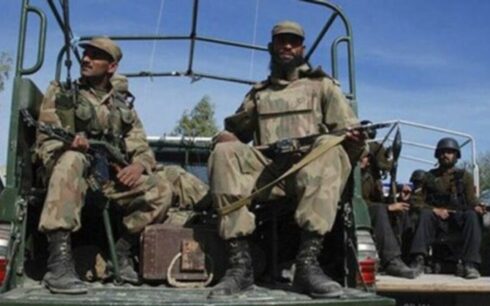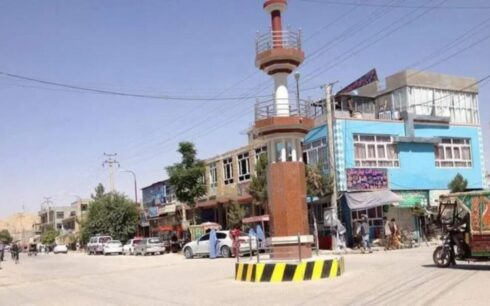This year has become the deadliest on record for humanitarian workers, with 281 aid personnel killed globally, according to the United Nations Office for the Coordination of Humanitarian Affairs (OCHA).
The surge in casualties has been driven largely by the war in Gaza, where at least 333 humanitarian workers have died since October 7, 2023. “Most were staff members of the UN Relief and Works Agency for Palestine Refugees in the Near East,” OCHA said in its report, released on Friday.
Meanwhile, in Afghanistan, over 600,000 people are facing winter without essential aid, the United Nations High Commissioner for Refugees (UNHCR) warned. The agency cited funding shortages, restrictions on female staff, and bureaucratic delays as key obstacles.
The UNHCR highlighted a critical $34 million funding gap needed to provide winterization support for vulnerable populations, including recent returnees and families displaced by flash floods and heavy rains. The agency warned that without urgent intervention, the risks of respiratory infections, hypothermia, and fatalities among vulnerable groups—especially women, girls, young children, and the elderly—would increase dramatically.
“Women and children are entirely left outside,” said Shukria, a resident of Ghor Province, whose home was destroyed by floods. “No organization from the government or aid groups has helped us. We are spending cold nights outdoors.”
Another resident, Nafisa, echoed the frustration. “In the past, there was a lot of aid, and we benefited from it. Now, the aid has decreased, and many people like me are in poor conditions. Only those with power seem to receive assistance—they are the ones taking it.”
Taliban restrictions complicate relief efforts
Aid organizations in Afghanistan have faced increasing challenges under the Taliban’s rule, particularly due to restrictions on female staff and bureaucratic interference. These restrictions have hindered relief efforts and led to the temporary suspension of 59 humanitarian projects in the first seven months of the year, OCHA reported earlier.
The UNHCR noted that 40 percent of inquiries to its organization come from women and girls, a figure it believes may underestimate their engagement as many prefer to communicate anonymously via email to avoid direct interaction.
Ongoing Taliban-imposed restrictions on women’s rights—including bans on education, employment, and freedom of movement—have exacerbated the plight of women and girls in Afghanistan, complicating efforts to provide aid to remote and underserved communities.
The global challenges faced by humanitarian workers reflect an increasingly hostile environment for aid delivery in conflict zones, with devastating consequences for the world’s most vulnerable populations.





